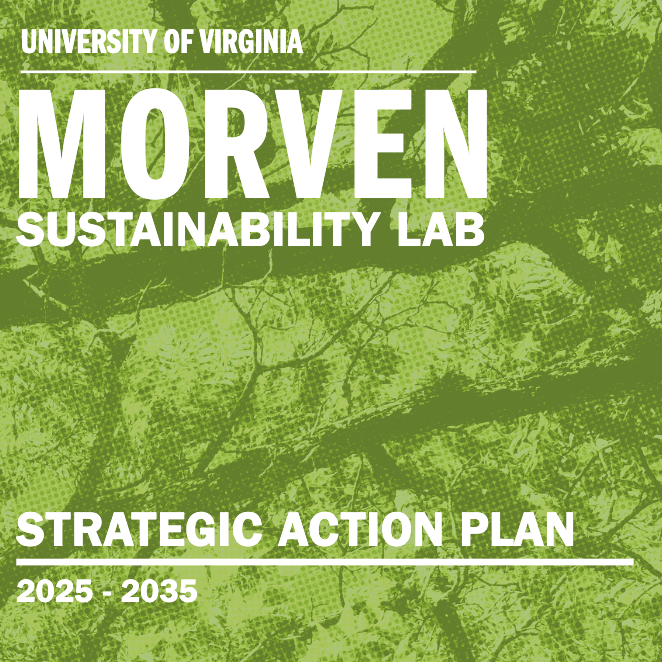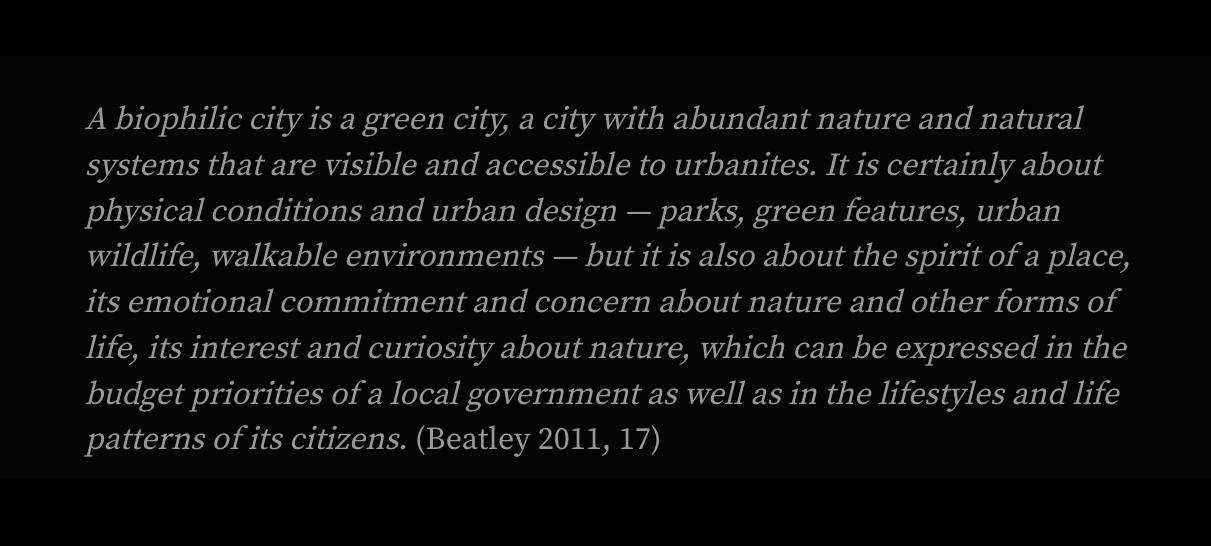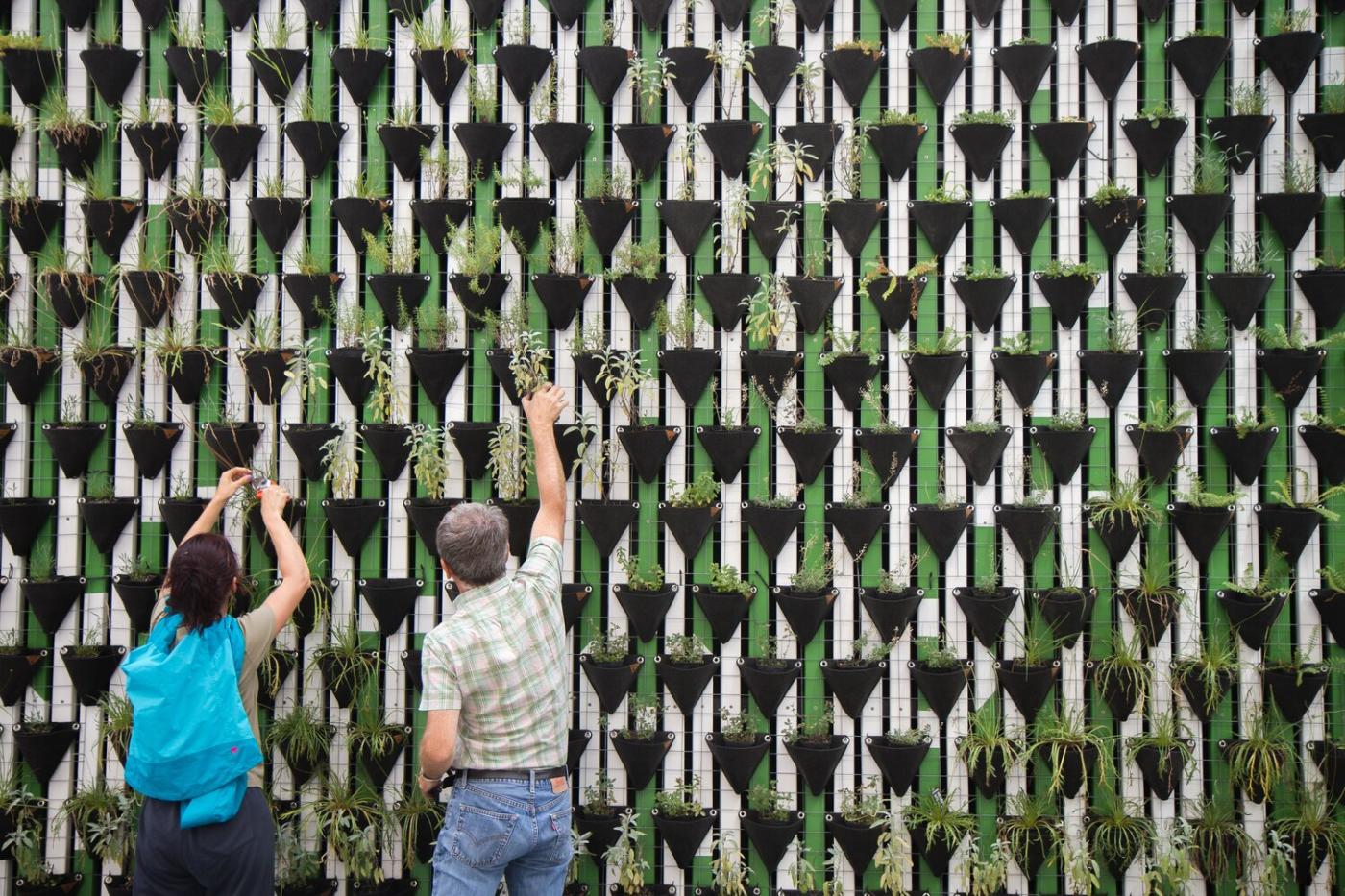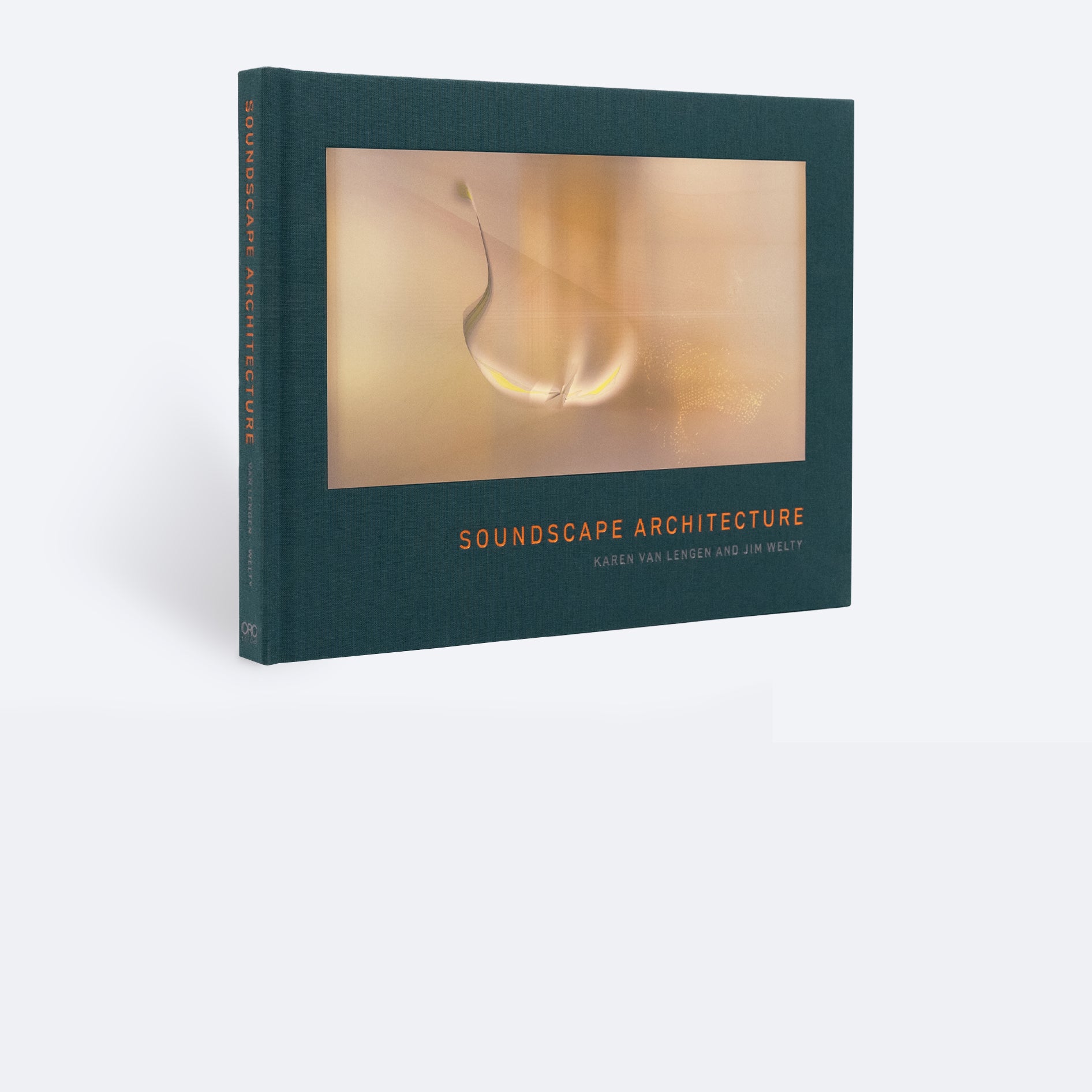
JD BROWN CO-AUTHORS 'PLANNING FOR BIOPHILIC CITIES'


A biophilic city connects the science of biophilia — humans' innate love of nature — and the practice of planning. Biophilic approaches to planning and design create built environments that support daily contact with nature as an essential human need. The benefits of planning for nature are myriad — from better physical and mental health to community resilience and economic prosperity.
Planning Advisory Service (PAS) Report 602 (October 2022), Planning for Biophilic Cities, explores how biophilic planning and design supports human well-being, ecological health, and sustainable, vibrant cities. The report delves into the science of biophilia, summarizing the research on the benefits of nature for individuals and societies. It provides strategies and tools that demonstrate how nature can be integrated into plan-making and the regulation of urban environments. It emphasizes the importance of valuing nature-based solutions and investing in biophilic projects for their multiple benefits. And it emphasizes the importance of addressing historical inequities in our communities and co-creating inclusive nature spaces that meet proximity, accessibility, and comfort needs for all residents.
Biophilic planning provides opportunities to meet multiple community goals with an integrated approach — one that is often more cost effective for the long term. The report helps planners create biophilic cities that provide for human flourishing, ecosystem diversity, and economic sustainability that are also efficient, equitable, and responsive to the complex priorities of growing populations.
Written by Biophilic Cities Program Director and A-School lecturer, JD Brown, and Helen Santiago Fink, Planning for Biophilic Cities recognizes nature as critical infrastructure for a rapidly urbanizing planet and the importance of proactively incorporating belonging and co-creation in the planning and design of biophilic cities to ensure that investments in nature address a diverse range of needs.
The report, available through the link below and free to American Planning Association members, offers an overview of the compelling evidence for the benefits of nature and makes the case that nature is critical infrastructure for cities. Topics explored include: Nature and health, Nature and resilience, Nature and public safety, Nature and biodiversity, and Nature and economic prosperity. The report also outlines how biophilic planning is not a one-size-fits-all concept. It highlights how through targeted and meaningful inclusive community engagement, planners can appreciate how needs and preferences might vary across a community and develop responsive projects.
Planning for Biophilic Cities provides guidance for planners in how to incorporate biophilic goals and principles into a city's comprehensive and functional plans. Covering topics from land-use systems, zoning tools, site development standards, small-scale biophilic interventions and more, the report describes a regulatory toolbox of standards and incentives that are required to carry forward biophilic visions. Finally, the report presents an overview of various evolving strategies and business models that planners can use to scale and mainstream investments in biophilia and nature-based solutions.
ABOUT THE AUTHORS
JD Brown is the Program Director for Biophilic Cities. With a law degree from the Georgetown University Law Center and a degree in urban and environmental planning from the University of Virginia, he explores the intersection of law and planning in the form of legal mechanisms adopted by cities to promote abundant and equitably accessible nature. Through his work, he seeks to introduce successful, innovative law and policy to a global audience and to distill best practices that make these tools work for cities around the world.
Helen Santiago Fink is a climate urbanist, researcher, and consultant based in Washington, D.C. She currently serves as the Program Manager of the U.S.-ASEAN Smart Cities Partnership (USASCP), a $10 million, 20-plus project initiative to address urbanization challenges in southeast Asia and has more than 25 years of professional experience in sustainable development, climate change mitigation/adaptation and community resiliency, urban systems planning, energy-efficient buildings, and community and economic development. She holds a bachelor's degree in economics, a master's degree in urban and regional planning, and has undertaken doctoral work in eco-cities and climate change at the BOKU/Natural Resources and Life Sciences University in Vienna, Austria.


